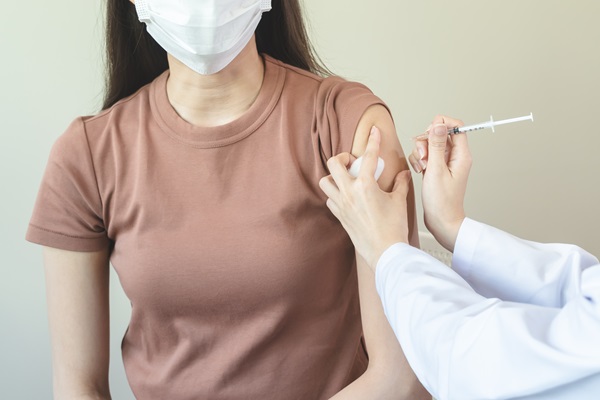What is Detected by a CT Scan?

Doctors can use a CT scan, also known as a computed tomography scan, to get a clear look at a person’s organs, bones, blood vessels and tissue inside the body. With a CT scan, doctors can get a picture of any part of a patient’s body that is more accurate and more detailed than what a traditional x-ray is able to provide.
The accuracy of a CT scan comes from its ability to send a series of small x-ray beams throughout the body. Unlike a traditional x-ray that only sends one beam, CT scans are able to use several beams to capture pictures from multiple angles. These images are then combined to create what is known as a cross-sectional image.
Doctors look at cross-sectional images in order to get a better idea of the bone, tissue, organ or blood vessel that needs to be inspected. These images allow doctors to see each part of the body part in question rather than just showing the part as a whole, making them crucial for many treatments, surgeries and diagnoses.
What is detected by a CT scan?
Thanks to the level of detail they provide, CT scans can be used to detect a variety of potential health issues without the need for exploratory surgery:
Tumors
A CT scan can help doctors find tumors, cancerous or otherwise, in any part of a person’s body. CT scans not only show the presence of a tumor, but they also provide its exact location in the body. If doctors suspect that a patient might have a tumor, they can use a CT scan to detect the tumor and determine its size and shape. This allows doctors to know exactly what type of treatment will be needed to destroy or remove the tumor, and it helps doctors keep track of the tumor’s growth over time.
Heart disease
CT scans help doctors spot signs of heart disease so that they can prevent their patients from experiencing cardiovascular problems. CT scans can detect calcium deposits, plaque build-up, narrow vessels and other issues with the arteries and blood vessels that lead to heart attacks, heart failure and heart disease.
Bone fractures
After an injury, patients might experience a small bone fracture. Depending on the size and complexity of the fracture, it can be difficult to determine whether or not someone has fractured a bone. CT scans provide cross-sectional images of bones that doctors can use to find even the smallest of fractures.
Internal bleeding
When patients have been in an accident, they may have internal bleeding. Unlike exterior injuries that are typically easy for doctors to notice and treat, internal bleeding is harder for doctors to recognize and diagnose. CT scans give doctors a clear picture of the inside and outside of all blood vessels and organs so that they can easily spot any signs of internal bleeding.
Receiving a CT scan
CT scans are helpful for diagnosing a wide variety of health issues. The cross-sectional images that CT scans provide can help doctors prevent or treat health concerns before they cause irreparable damage. People who need a CT scan should consult with a radiologist.
Call us today at (832) 941-1894 for more information from Texas Urgent Care & Imaging Center.
Check out what others are saying about our services on Yelp: Read our Yelp reviews.
Recent Posts
Flu shots protect children from common strains of influenza. No one wants to be stuck in bed dealing with the symptoms of this common illness. A flu shot can help prevent complications and reduce the chances of catching the flu in the first place. A primary care or urgent care doctor can further discuss the…
Consulting your primary care physician, or "PCP," regularly can help ensure good health. This typically means every three years for most healthy adults under age 50. After your 50th birthday, annual physicals are advised. But what if you have a minor illness? It can be difficult to tell whether you should visit your PCP. This…
Immunizations are an important part of primary care. Not only can they help prevent illness, but they can also reduce the chance of complications should you get sick. Whether you want to get ahead of flu season or whatever else may come your way, your primary care doctor can provide the vaccinations you need.When many…
A walk-in clinic can provide you with the care that you need without the stress of waiting for an emergency doctor in a crowded room. Receiving immediate care is important whenever you are injured or sick. That is why choosing an urgent care clinic over an emergency room is ideal. Here are the benefits that…


